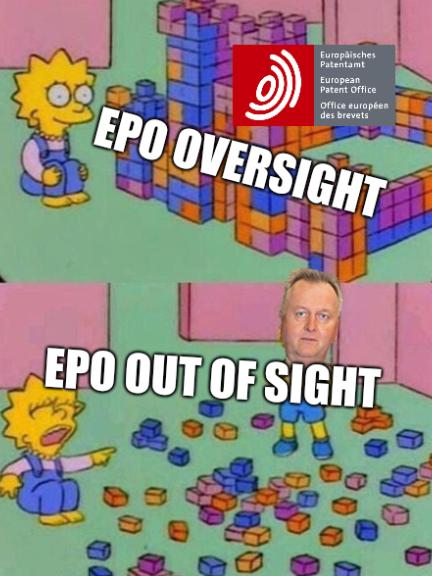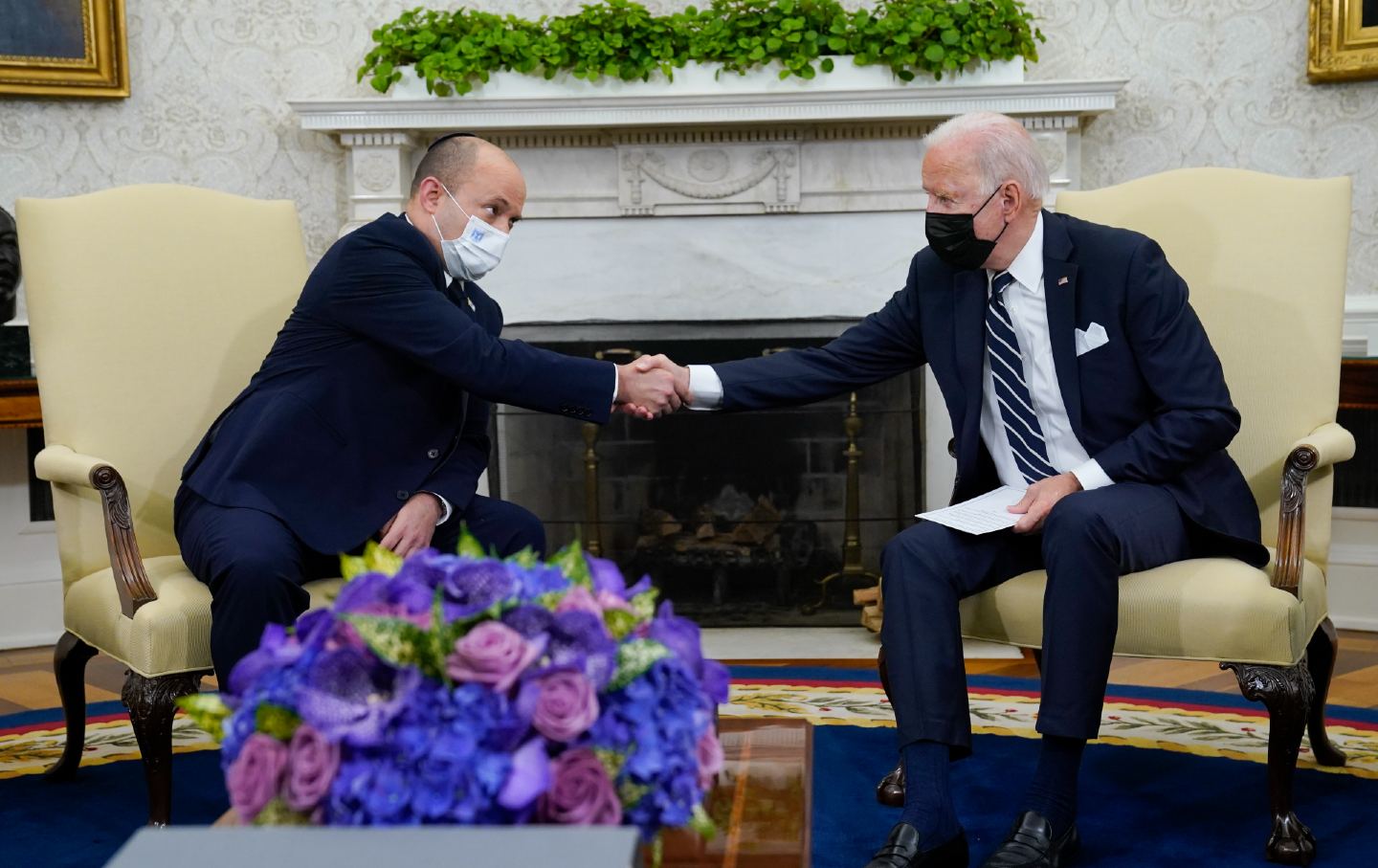[Meme] Drunk on Power and Diplomatic #Immunity • Techrights ⚓ http://techrights.org/2022/02/07/epo-diplomatic-immunity-meme/ ䷉ #Techrights #Europe #Corruption #Impunity | ♾ Gemini address: gemini://gemini.techrights.org/2022/02/07/epo-diplomatic-immunity-meme/
#impunity
● NEWS ● #CommonDreams #NSA ☞ #Snowden Slams Ongoing #Impunity for NSA's Domestic Spying https://www.commondreams.org/news/2022/02/01/snowden-slams-ongoing-impunity-nsas-domestic-spying
● NEWS ● #TruthOut ☞ Leaked Report Suggests #Impunity for #IDF Soldiers in Killing of Elderly Man https://truthout.org/articles/leaked-report-suggests-impunity-for-idf-soldiers-in-killing-of-elderly-man/
● NEWS ● #CommonDreams #israel #palestine ☞ Leaked Report Suggests #Impunity for #IDF Troops in Deadly Stop of Palestinian-American Elder https://www.commondreams.org/news/2022/01/23/leaked-report-suggests-impunity-idf-troops-deadly-stop-palestinian-american-elder
● NEWS ● #Ghana ☞ #Pentagon #Drone Attacks Killed Many Innocent People with #Impunity https://newsghana.com.gh/pentagon-drone-attacks-killed-many-innocent-people-with-impunity/
● NEWS ● #CommonDreams #insurrection #goldenDawnald #impunity ☞ Opinion | The Real Lesson of Jan. 6 Is That Trump-World's Coup Effort Is Far From Over https://www.commondreams.org/views/2021/12/31/real-lesson-jan-6-trump-worlds-coup-effort-far-over
● NEWS ● #CommonDreams #imperialism #militarism #impunity ☞ Opinion | The US Military Does Not Truly Care About Civilian Casualties https://www.commondreams.org/views/2021/11/28/us-military-does-not-truly-care-about-civilian-casualties
1 Shares
● NEWS ● #Techdirt #police #impunity ☞ No #Immunity For Cops Who Used A Field Drug Test To Turn Stress Ball Sand Into Cocaine https://www.techdirt.com/articles/20211121/11324047982/no-immunity-cops-who-used-field-drug-test-to-turn-stress-ball-sand-into-cocaine.shtml
[Meme] Another Maladministration Meeting Comes to an End http://techrights.org/2021/10/14/epo-maladministration/ #epo #corruption #immunity #impunity #europe
There are no corporate criminals in America
The FBI estimates that corporations commit 20 times more crimes than natural persons

https://pluralistic.net/2021/10/12/no-criminals-no-crimes/#get-out-of-jail-free-card
Corporate personhood serves an convenient fiction, in keeping with Frank Wilhoit's observation that conservativism consists of one proposition: "there must be in-groups whom the law protects but does not bind, alongside out-groups whom the law binds but does not protect."\
\
Or as Robert Reich once put it: "I'll believe corporations are people when Texas executes one."And while the US may not have a corporate criminal system, it has a fuckton of corporate crime. The FBI estimates that corporations commit 20x more crimes than natural persons, crimes committed on a vast scale that even the most prolific human criminal can't touch, thanks to the enormous resources that corporations can mobilize to criminal ends.
Boeing was a repeat offender that had killed people before with faulty products that resulted from these corporate defects. It had already settled corporate criminal cases related to these murders.\
\
You couldn't ask for a corporate criminal defendant more deserving of punishment. Instead, Boeing paid a fine equivalent to 3.3% of its revenues (12.7% of its profits) – if Boeing was the median American, that would be a fine of $4,315 – for killing 346 people.
#corporate #crime #criminals #corporation #corporations #impunity #corporate-personhood #corporate-criminals
1 Comments
1 Shares
#Impunity for desertion of the Constitution - Modern Diplomacy ⚓ https://moderndiplomacy.eu/2021/09/28/impunity-for-desertion-of-the-constitution/ ䷉ #moderndiplomacy article, relevant to what #teamUPC is doing with #epo
● NEWS ● #TheNation #Israel ☞ When #Biden Met Bennett—and Gave His Blessing to #Impunity https://www.thenation.com/article/world/palestine-israel-bennett-biden/
What the #nytimes and other oligarchs' media won't tell you about #merkel (whom I supported) is a path of lawlessness, #impunity and #corruption https://www.nytimes.com/2021/09/17/business/merkel-economy-germany-elections.html e.g. #epo http://techrights.org/2021/04/15/bundestagate-part-19/
I was apparently wrong recently regarding copyright on Hacker News
In a discussion of police playing copyrighted music to trigger automated takedowns of civillian video, someone pointed out that a recent US Supreme Court decision invalidated copyrightholders' right to sue US states for copyright infringement.
https://www.copyright.gov/policy/state-sovereign-immunity/
One would presume this might extend to any entity operating as state government.
Say, for the sake of argument, a state university library system.
Which would mean that such a system might take upon itself to, for whatever reason, host Sci-Hub, LibGen, or ZLibrary, in a legally-immune status.
That would be an interesting development.
(There's no specific need for it to be a library system. It could be the forestry department, prisons, lottery, agriculture, or an individual legislator or elected official. It simply needs to be a branch of the state government itself.)
Boosts appreciated.
#Copyright #SciHub #LibGen #ZLibrary #Immuity #Impunity #SCOTUS
11 Likes
3 Comments
Frank Wilhoit on Conservativism
There is no such thing as liberalism — or progressivism, etc.
There is only conservatism. No other political philosophy actually exists; by the political analogue of Gresham’s Law, conservatism has driven every other idea out of circulation.
There might be, and should be, anti-conservatism; but it does not yet exist. What would it be? In order to answer that question, it is necessary and sufficient to characterize conservatism. Fortunately, this can be done very concisely.
Conservatism consists of exactly one proposition, to wit:
There must be in-groups whom the law protectes but does not bind, alongside out-groups whom the law binds but does not protect.
There is nothing more or else to it, and there never has been, in any place or time.
For millenia, conservatism had no name, because no other model of polity had ever been proposed. “The king can do no wrong.” In practice, this immunity was always extended to the king’s friends, however fungible a group they might have been. Today, we still have the king’s friends even where there is no king (dictator, etc.). Another way to look at this is that the king is a faction, rather than an individual.
As the core proposition of conservatism is indefensible if stated baldly, it has always been surrounded by an elaborate backwash of pseudophilosophy, amounting over time to millions of pages. All such is axiomatically dishonest and undeserving of serious scrutiny. Today, the accelerating de-education of humanity has reached a point where the market for pseudophilosophy is vanishing; it is, as The Kids Say These Days, tl;dr . All that is left is the core proposition itself — backed up, no longer by misdirection and sophistry, but by violence.
So this tells us what anti-conservatism must be: the proposition that the law cannot protect anyone unless it binds everyone, and cannot bind anyone unless it protects everyone.
Then the appearance arises that the task is to map “liberalism”, or “progressivism”, or “socialism”, or whateverthefuckkindofstupidnoise-ism, onto the core proposition of anti-conservatism.
No, it a’n’t. The task is to throw all those things on the exact same burn pile as the collected works of all the apologists for conservatism, and start fresh. The core proposition of anti-conservatism requires no supplementation and no exegesis. It is as sufficient as it is necessary. What you see is what you get:
The law cannot protect anyone unless it binds everyone; and it cannot bind anyone unless it protects everyone.
Posted to Crooked Timber, March 22, 2018, by Frank Wilhoit https://crookedtimber.org/2018/03/21/liberals-against-progressives/#comment-729288
#FrankWilhoit #conservativism #TheLaw #immunity #impunity #privilege #reponsibility #accountability #liberalism #progressivism #anticonservativism
One person like that
1 Comments
OpSec is overrated. What you want is impunity
This is inference based on years of observation.
I also didn't lay OpSec is mostly useless. I'm not convinced that's true, though it may be.
OpSec alone is useful but brittle. If it's all you've got, you'll probably eventually have a bad day. Looking at entities considered "masterminds", what I often find is ... some intelligence, yes, but a lot of shielding from, or disregard of, risk. Impunity is actual or belief of freedom from consequence.
There are a few categories:
The proficient: extremely good at their game. Effective, so long as it works. Covert.
The well-protected -- friends in high places. State actors and their contractors, generally. Often under diplomatic covered. "Too big to jail" and politically-conneccted (Brock "Stanford Rapist" Turner). The Mossad team assassinating Mahmoud Al-Mabhouh (though most of the team were effectively burnt). May include some non-state actors: warlords, terrorists, narcotics gangs, though most of these fall into categories below. Covert, but can retreat quickly to safety, or are at low risk if caught.
The brazen. Operations with overwhelming force, whether shown or used. Military campaigns, many criminal organisations, warlords, militias. Overt.
The uncaring: those who have no care whether they live or die. Most suicide attacks, 9/11 bombers, the original "hashīshīn", etc. 2008 Mumbai attacks Overt or covert.
The ignorant: Simply unaware of the risks. Child soldiers, the Boxers (China), "wrong way 'round" Pan Am flight 18602 landing at Surabaya, Dutch East Indies, unknown to the pilot, in a heavily-mined harbour.
The expendable: Assets who need only be used once, whether burnt (retired) or killed afterwards. This includes a segment of the consulting or management workforce, who have a certain ablative funtion. Martin "Pharma Bro" Shkrel.
The relatively recently disclosed Crypto AG case, where the Swiss manufacturer of a widely-used manufacturer of communications encoding equipment was shown to be a CIA-owned front is a case in point. Signals intelligence relied not so much on exceptional decryption capabilities, but on the widespread use of a backdoored technology. The strong focus of US intelligence policy on similarly backdooring networking hardware (Cisco), telecoms switches (Greece), computing hardware, operating systems, and software, speaks to the probable usefulness of this method.
It's not OpSec but influence and immunity that enables this.
One person like that
1 Comments












